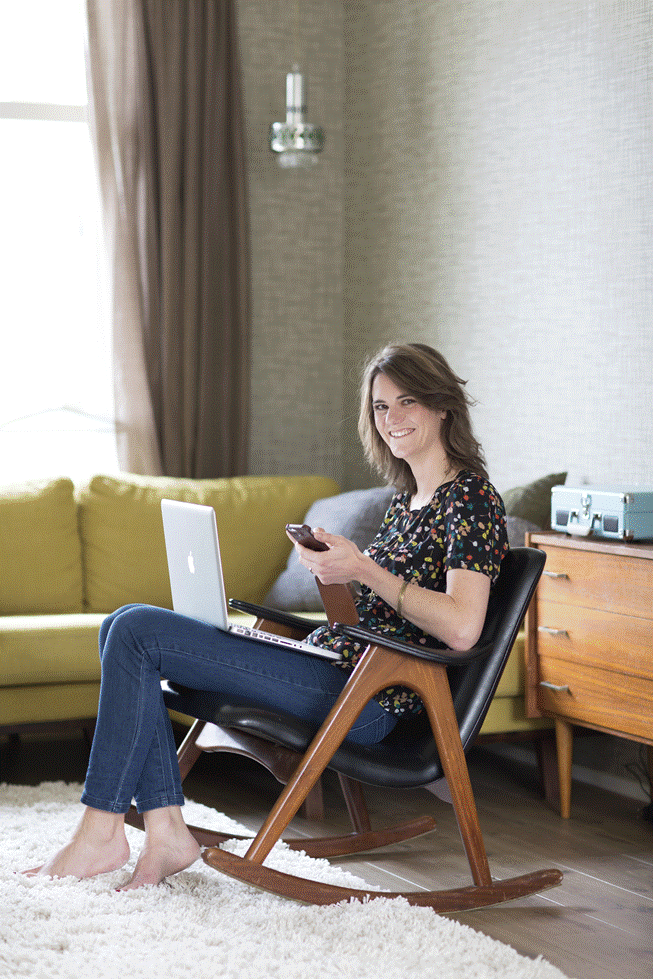Journalist Jocelyn de Kwant was recently struck by how routine it had become for her to sit on the couch every evening, engrossed in her laptop and smartphone, spending far too much time and energy on an endless stream of messages and WhatsApps. Many of us do the same. Below you can read a preview of the article in issue 12.
I still remember my first cell phone, which I bought at some point in the ’90s: a purple Nokia, with space on its little screen only for a phone number. I used the thing so seldomly that at first I shared it with a friend. E-mail was just becoming a thing. If I wanted to see if I had any messages, I had to dial up on the home line; the sound my modem made is etched in my memory. If I got five e-mails a week, it was a lot. And with each new message, my heart skipped a beat. It was obviously a social activity. Social it still is, composing new messages continuously in WhatsApp groups with former colleagues, neighbors, friends and acquaintances. Facebook, iMessenger, Instagram—a never-ending stream of e-mails in my work mail folders and a bursting Gmail account (1,245 unread messages). Gradually, I’ve become a kind of communications center. And often I spend evenings on the couch with my computer on my lap and phone in hand, while my husband does exactly the same thing beside me. Friends who come over for dinner always have one eye on their phone. Is this really so social? The answer doesn’t seem so obvious anymore, and I’ve noticed that I’m not the only one concerned about it. I hear more and more people expressing the desire to do things differently. But how can we change?
In issue 12 you can read more about quiting e-mail and Facebook, evenings off and finding the balance between on- and offline time.
Text: Jocelyn de Kwant Photography: Margriet Hoekstra












